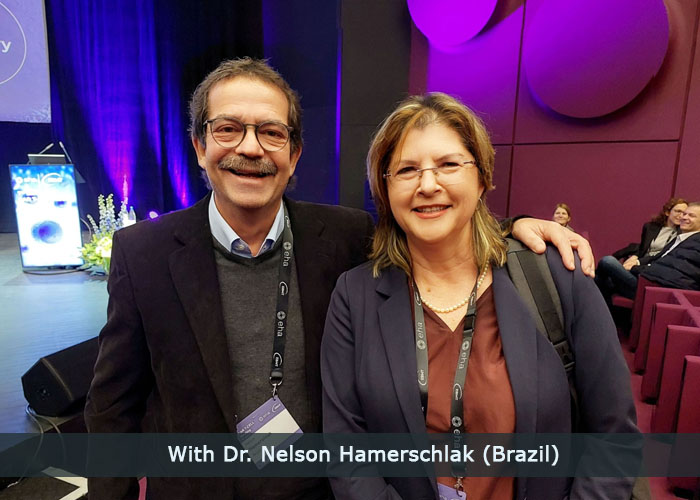Chimeric Antigen Receptor T-cell (CAR-T) therapy has revolutionized cancer treatment by reprogramming a patient's immune cells to target and eliminate malignant cells. In Brazil, significant strides have been made to integrate this innovative therapy into the healthcare system, aiming to make it more accessible and affordable for patients nationwide.
Regulatory Approvals and Clinical Trials
In February 2022, the Brazilian Health Regulatory Agency (ANVISA) approved tisagenlecleucel (Kymriah), marking the country's first commercial CAR-T cell therapy approval. This therapy is indicated for pediatric and young adult patients with relapsed or refractory B-cell acute lymphoblastic leukemia (ALL) and adults with diffuse large B-cell lymphoma (DLBCL).
Building on this momentum, Brazil has initiated clinical trials to further evaluate CAR-T therapies. Notably, the Nutera Advanced Therapy Center, established in 2022, is set to conduct trials involving 81 volunteers. This center, a collaboration between Butantan Institute and the University of São Paulo’s Ribeirão Preto Blood Center, aspires to supply CAR-T cell products to Brazil's public healthcare network (SUS).
In the video, Nelson Hamerschlak, MD, PhD, Albert Einstein Israelite Hospital, São Paulo, Brazil, comments on the status of CAR T-cell therapy in Brazil.
Collaborations to Reduce Costs
Recognizing the high costs associated with CAR-T therapy, Brazil has embarked on partnerships to develop cost-effective solutions. A notable collaboration between the Oswaldo Cruz Foundation (Fiocruz) and the U.S.-based nonprofit Caring Cross aims to locally produce CAR-T therapies. This initiative seeks to reduce treatment costs to approximately $35,000 per dose, significantly lower than prices in Europe and the USA, thereby alleviating financial burdens on the Brazilian public health system.
International Support and Local Manufacturing
The Children's Hospital of Philadelphia (CHOP) has partnered with the Brazilian National Cancer Institute (INCA) to establish a state-of-the-art CAR-T cell production center in Rio de Janeiro. Funded by a $4 million grant from the Brazilian Ministry of Health, this collaboration aims to expand access to immunotherapy for pediatric cancer patients in the region.
Challenges and Future Outlook
Despite these advancements, challenges remain in making CAR-T therapy universally accessible across Brazil. These include the need for specialized infrastructure, trained personnel, and sustainable funding models. However, ongoing collaborations and investments in local manufacturing are promising steps toward integrating CAR-T therapy into Brazil's standard cancer treatment protocols.
In conclusion, Brazil's proactive approach in adopting CAR-T therapy reflects a commitment to enhancing cancer treatment options. Through regulatory approvals, strategic partnerships, and investments in local production, the country is poised to make this groundbreaking therapy more accessible to its population.

With Dr. Nelson Hamerschlak at the 7th European CAR-T conference. Strasbourg, France 2025.
Sources:
bloomberg.com
biospace.com
research.chop.edu
pmc.ncbi.nlm.nih.gov
Publication date: March 2025.










